Everyone knows that you need to change the oil in your Toyota or other vehicle regularly, but many people don’t actually know why this is. The oil changes Toyota vehicles require are a crucial part of their maintenance because many of the different systems in your car need motor oil to operate properly. Over time, the oil will become clouded with dirt and debris, losing its effectiveness. Left too long, this can lead to serious problems with your car’s functions.
In this article, we’ll explain why, exactly, an oil change is such an important part of your vehicle’s regular maintenance. We’ll also discuss the risks associated with neglecting proper maintenance of your Toyota and how to make sure that the maintenance is always performed on time and by someone you trust.
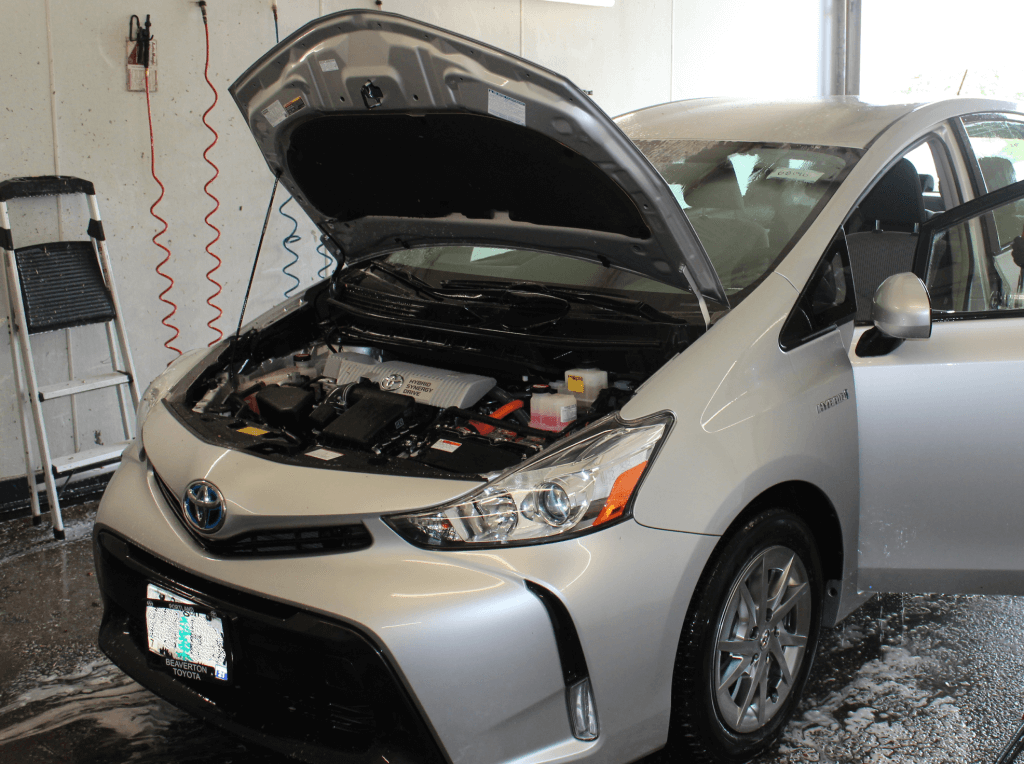
Why Do Cars Need Oil?
The engine of an automobile is, of course, extremely complex. This means there are many moving parts that all have to work together seamlessly for the vehicle to operate properly. Essentially, the motor oil in the car serves as a lubricant for these varied moving parts. As soon as you turn the key, the pistons begin transferring force into the shaft mechanisms, and the various valves begin to open and close to allow pressure to build up and be relieved, as necessary. The oil provides a layer of lubrication to ensure that the friction of all these moving metal objects doesn’t cause the parts of your engine to prematurely wear out.
There is another critical purpose that the oil in your engine serves: it absorbs the heat that friction creates on the moving components of your engine. Without the oil, the heat would build up and ultimately cause a catastrophic failure of the engine, rendering the car entirely nonfunctional.
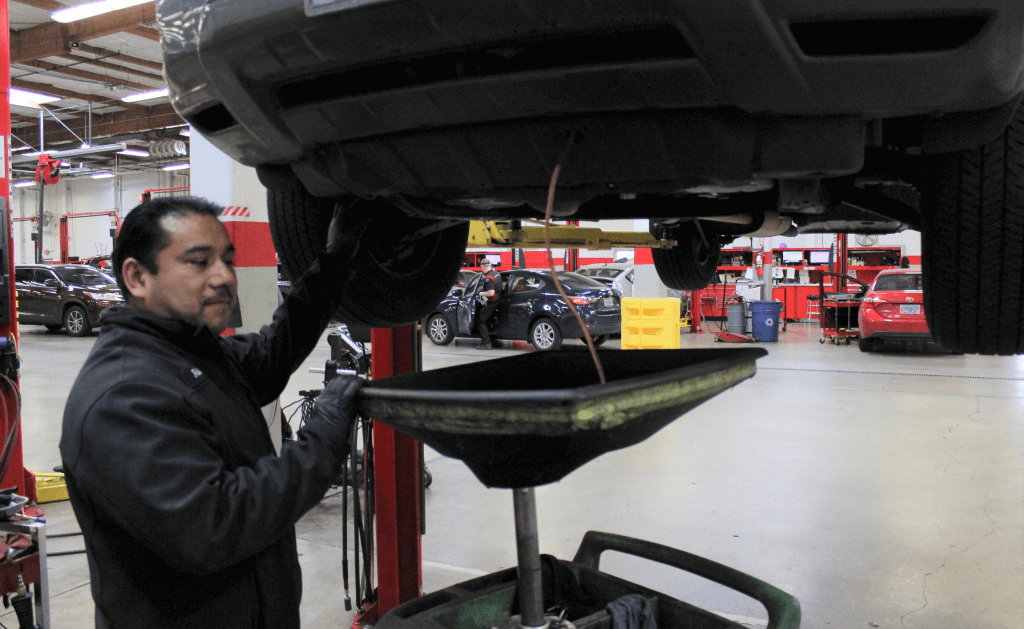
Where the Oil Goes
At the top of most engines, there is a fill port that fresh oil can be poured into. The oil pan, also called the sump, is at the bottom of the car. When you pour oil in at the top of the engine, it makes its way through several tubes to reach that pan. In the pan, there’s a strainer, which gets submerged in the oil itself. When the engine is turned on, an oil pump activates, putting the oil in the sump under pressure and forcing it through the filter. As it does so, the mesh in the filter prevents large debris from accidentally being pulled into the pump.
Once the engine is operating and the oil is being pumped to where it needs to go, it will enter the narrow spaces between the various engine parts and create that much-needed lubrication. It will be pumped over push rods, the crankshaft, and connecting rods. Finally, it will flow back down into the pan, continuing the cycle and keeping the engine in good working order.
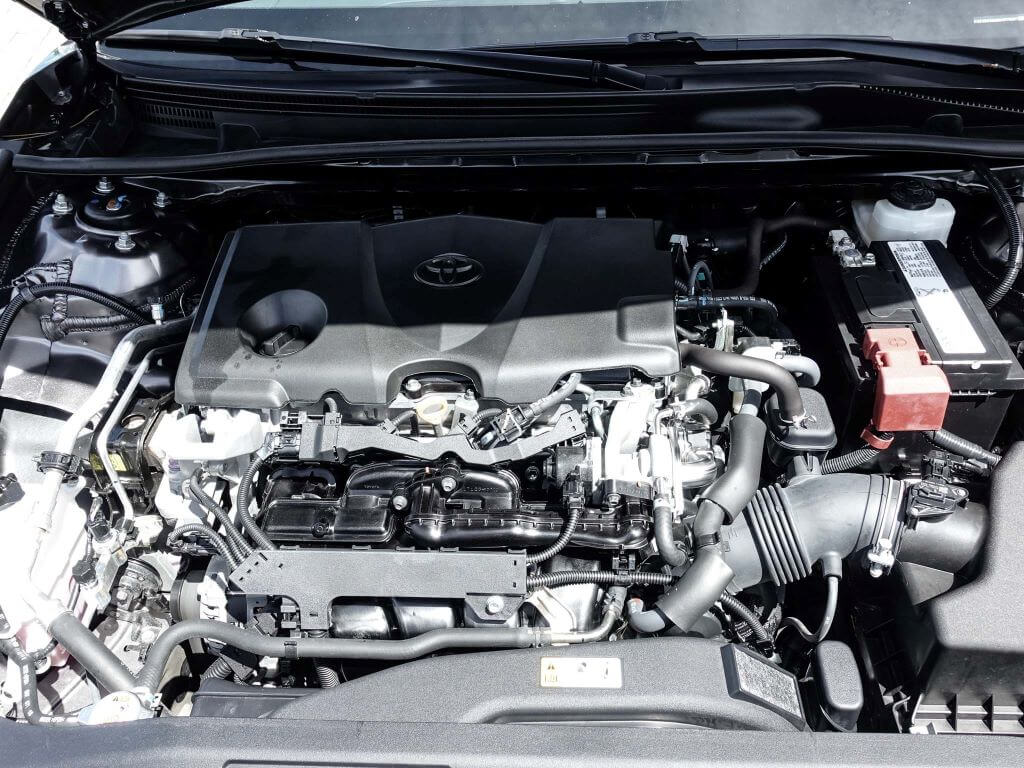
Why Does Oil Need To Be Changed?
As you put miles on your car, the oil in your vehicle’s sump will be circulated through a hot, working engine many, many times. As it does so, some of it will burn off, while some of it will simply begin to accumulate dirt and debris. Eventually, the oil will thicken, causing it to become less efficient. Ultimately, this will have an effect on the operation of your vehicle’s engine; for example, your Toyota’s fuel efficiency will likely be reduced.
Newer cars use oil more efficiently and require few oil changes than older cars. This is due to the fact that, over time, the engine parts will wear down, leaving more space for more oil to pass through. More oil being used means that the vehicle will consume the oil at a faster rate.
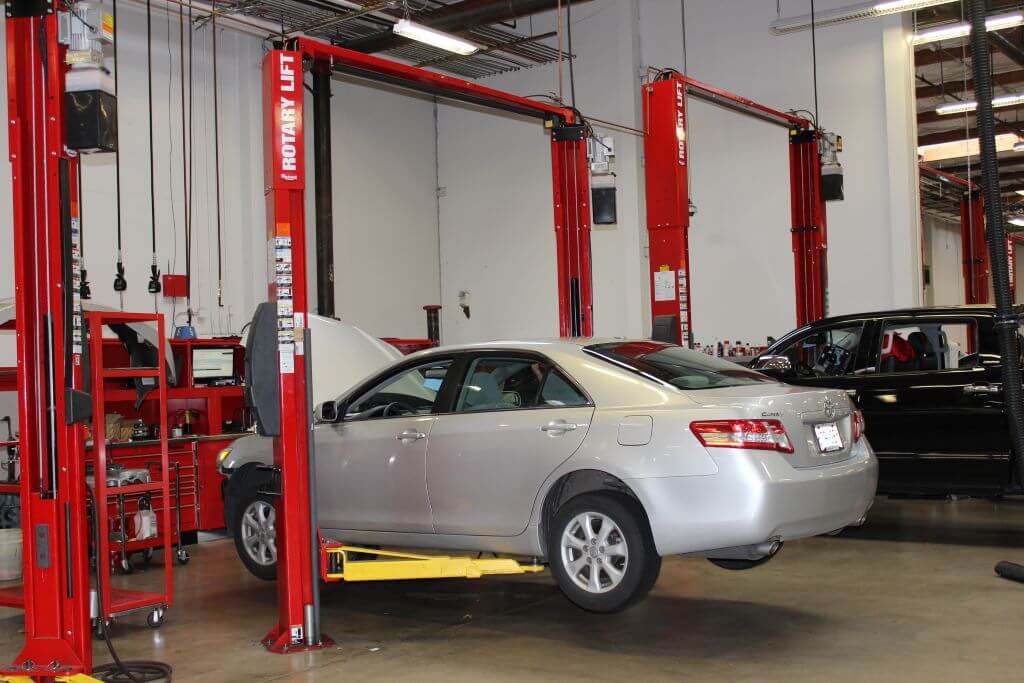
The Different Types of Oil
When it comes to an oil change, Toyota cars have two basic options: conventional oil or synthetic oil. There are also various grades of oil that car owners can opt for. Conventional oil tends to be less expensive than synthetic oil and can do the job just fine in most cases. However, synthetic oil tends to be higher quality and easier on your engine than conventional oil. Synthetic oil is more resistant to high temperatures than conventional oil as well, meaning it will last longer with less burn-off. Most newer model Toyotas can only operate with synthetic oil.
If you live in a climate where the temperature regularly drops below freezing, you’ll also have to consider the oil grade you use in your car. The grade refers to the viscosity of the oil, which in turn tells you how well the oil can flow at lower temperatures. For example, a 5W oil will be much better at lower temperatures than a 25W oil.
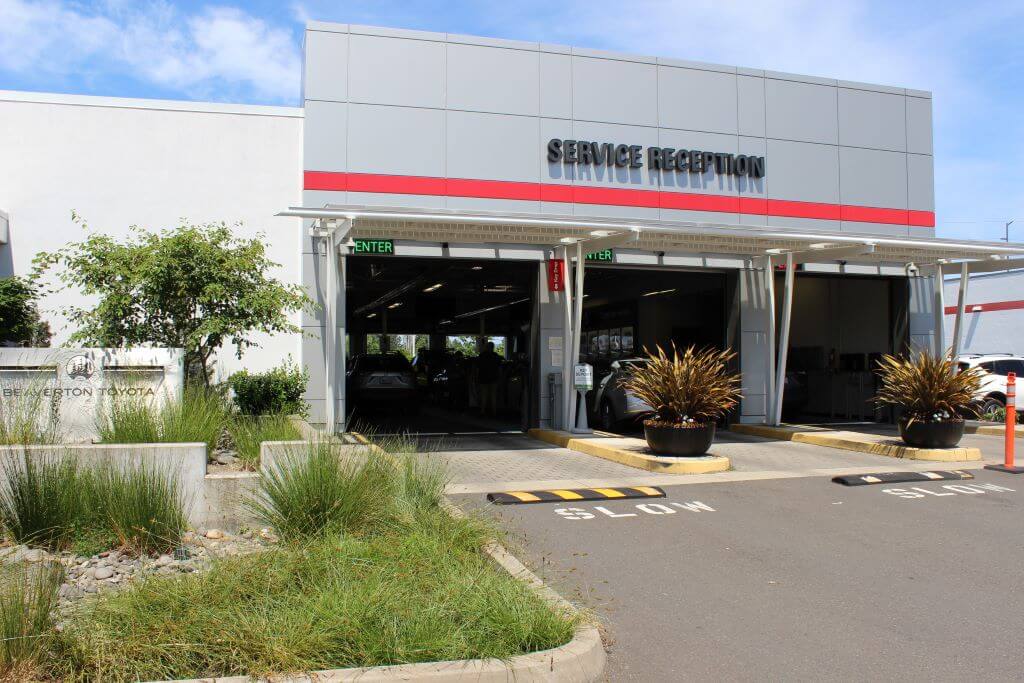
Who Should Change the Oil in a Car?
While it may be possible for you to change the oil in your own car, it’s always better to have a trusted professional do the job. There are several reasons for this: When the oil is changed in a car, a professional mechanic will also look for other issues that may need to be addressed. Plus, your regular oil change serves as routine maintenance for your vehicle. There’s also the legal aspect to consider. Doing too much of your own maintenance can void the warranty on your vehicle. Finally, there’s the environmental consideration as well: changing your own oil may lead to spills, which can be harmful to your local environment.
When your car needs an oil change, your local Toyota dealer is by far your best option. Every new Toyota comes with two years of ToyotaCare, which not only includes regular oil changes and tire rotations but a multi-point inspection and roadside assistance. When it’s time for your next oil change or maintenance checkup, consider Beaverton Toyota. Our technicians are highly trained and ready to give your vehicle excellent service, no matter what you need.





